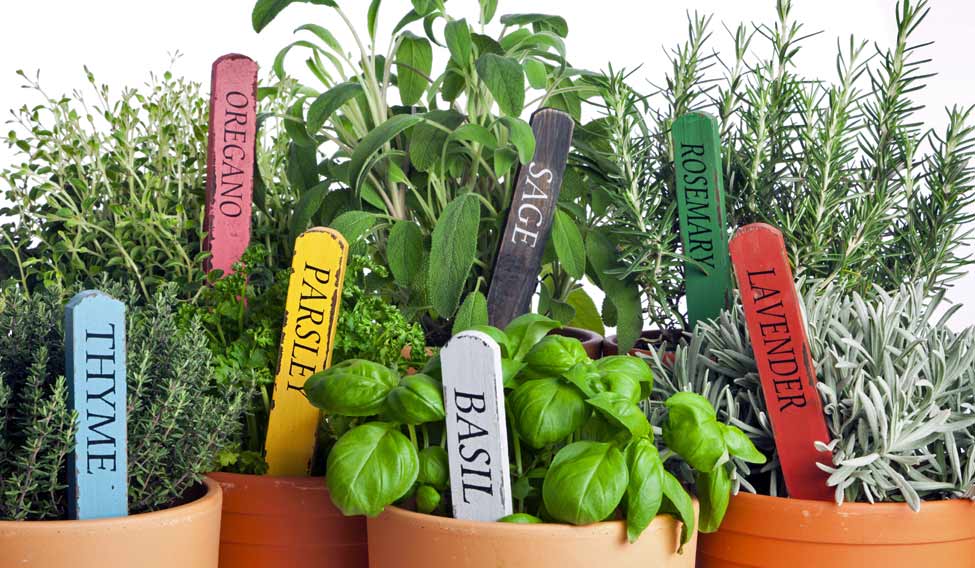In India, monsoon never comes alone. Besides relief from heat and dry season, rains bring along ideal conditions for mosquito-breeding, triggering a tsunami of mosquito-borne diseases—malaria, dengue, chikungunya and more—which kill hundreds every year. In 2016, more than a lakh cases of dengue alone were reported, of which 227 people died. As India continues to grapple with the problem, individual efforts towards tackling the mosquito menace could help you stay protected and save your family and loved ones from these pesky pests.
For standard precautions, you know the drill: Avoid water stagnation in and around the house, get netting on doors and windows, trim any dense growth around the house, keep yourself covered when outdoors and use pest control chemicals to clear nooks and crannies of the house. But what if you could keep the all-year round nuisance at bay by making small additions to your garden, window sills, and balconies. If you haven't tried the natural way of repelling mosquitoes using plants, then, perhaps, it's time! Get your hands dirty in the garden now, and you could be well prepared to beat mosquitoes by time monsoon hits the coast.
Basil
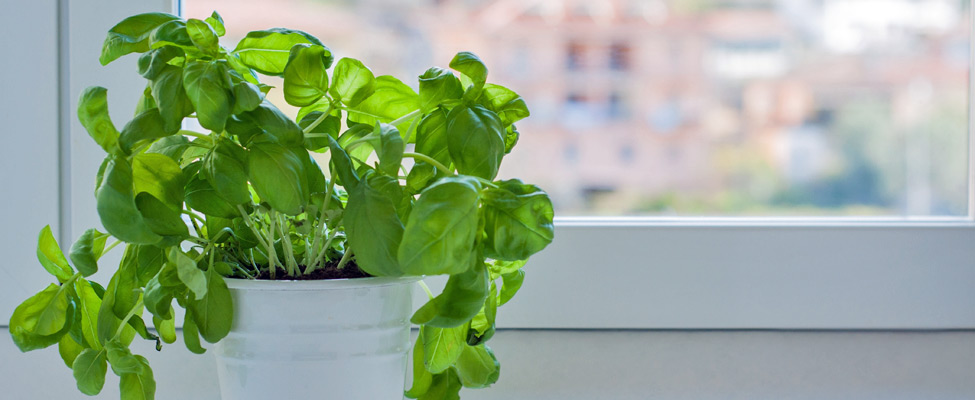
Basil has much more to it than being a crucial ingredient of your Italian culinary fare. The sweet smell of basil leaves that gets you drooling for your pesto, is a natural repellent for mosquitoes. And, the strong-smelling herb does that even without being touched or crushed. Its mere presence in your surroundings is enough to avoid mosquitoes. Basil can be planted in pots, making it easy to keep them near doors and windows. Besides damp soil and good sunlight, the herb demands very little attention. Taking the use of basil a step further, it can be used to make a homemade natural mosquito-repellent solution as well. To make the solution, pour boiling water onto a bunch of basil leaves. Then pour an equal quantity of vodka over leaves. Mix well before straining the solution into a spray bottle, and your natural mosquito-repellent is ready. Spray the solution outdoors to ward off mosquitoes.
Lavender
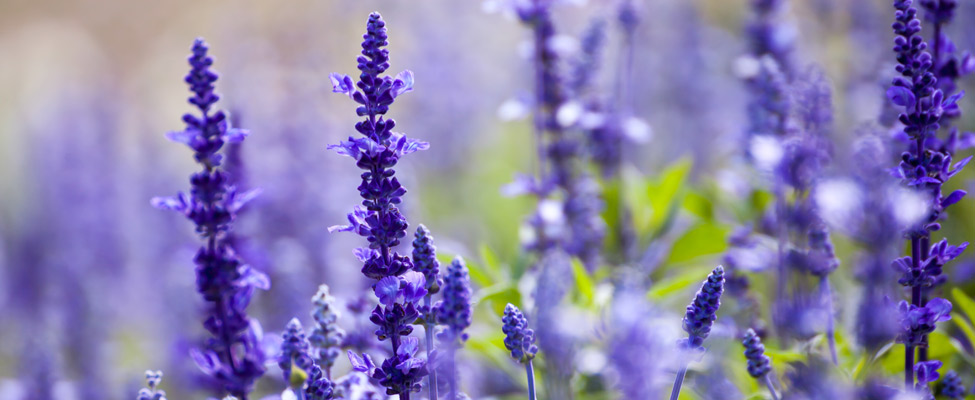
Who could have thought that any living body could deter the sweet, relaxing fragrance of lavender. For centuries, lavender has been used to infuse fragrance at homes and in clothes drawers. The dynamic aroma of lavender, which is a blend of fresh and floral notes with a calming effect, is also a popular scent for soaps, perfumes, essential oils and air fresheners. Though we cannot get enough of the smell of lavender on ourselves and in our surroundings, mosquitoes find it quite repulsive, making it an effective insect-repellent. Place tied bouquets of lavender in corners of house, also near door and windows, to keep the area mosquito free. Also, planting it near doorways and windows is a visually-appealing effective way to prevent mosquitoes from entering the house. You could also use oil extracted from the flowers on your exposed skin to repel mosquitoes while smelling great.
Garlic
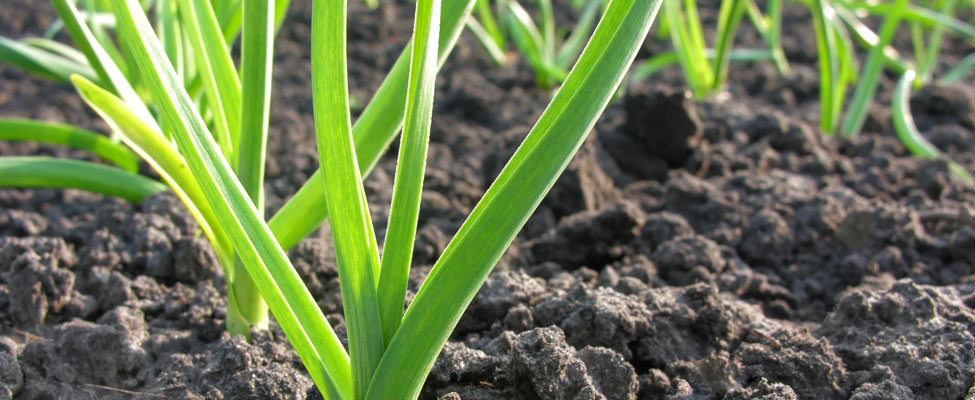
Remember how author Bram Stoker used garlic for defence against blood-sucking Count Dracula? Protagonist Dr Van Helsing rubs garlic flowers on window sashes, ensuring that every whiff of the air that enters the room smells of garlic. He also rubs them around the door and also at the fireplace. His efforts with garlic may or may not stop vampires from entering the room (it did work in the book, though), but in real life, it could be a life saver against an invasion by equally terrible blood-suckers—mosquitoes. Do not worry. That does not mean you go to such great lengths as Helsing, making every corner of house smell of garlic, but you could start off with adding garlic to your garden. Although garlic bulb is the most commonly used part of the plant, its leaves and shoots contain an organosulfur compound, called allicin, that makes it an effective natural insect-repellent.
Lemon Balm
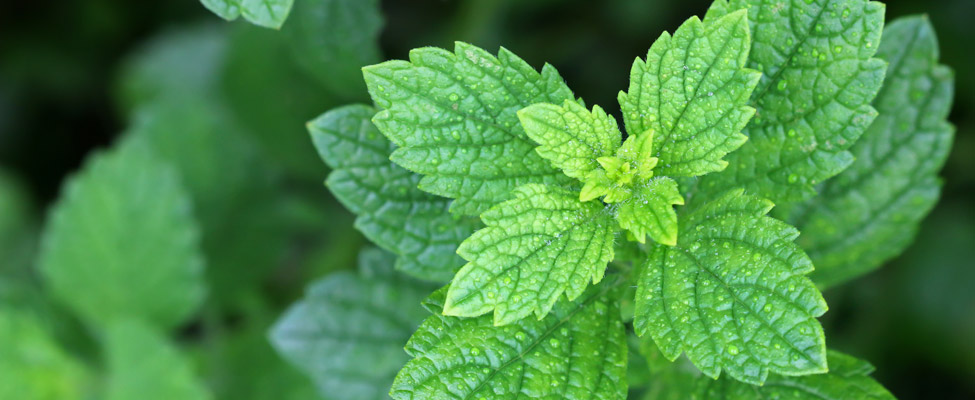
Lemon balm's natural aroma—a lemony note with hint of mint—is one of the most refreshing smells that does two jobs at one go—as a natural room freshener, as well as a natural mosquito repellent. Similar to citronella, an essential oil obtained from leaves and stems of a species of lemongrass, citronellal compound in lemon balm makes it an efficient insect repellent. For a mosquito repellent on the move, just crush and rub the leaves of lemon balm on exposed parts of your body. The additional benefits of lemon balm, a member of the mint family, include its various healing properties including reliving stress and anxiety and improving appetite. Lemon balm is an easy-to-grow plant, that requires very little attention. It is drought-resistant, fast growing and reseeds itself. This also makes it an invasive plant, which spreads out in no time. Thus, it is best to plant it in a pot, instead of growing it directly in the garden.
Marigold
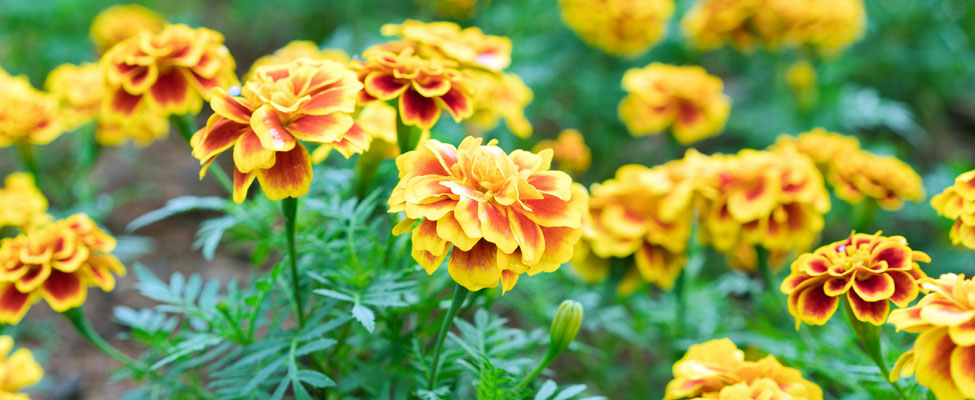
One of the most popular flowers for garden decoration, marigold brings much more than beautiful specks of colour to the garden—a distinct smell that keeps mosquitoes at bay. Marigold is a natural source of pyrethrum, a natural insecticide. Marigolds are easy to grow, low care and low maintenance plants that flower throughout the year. They can be found in many colours ranging from golden yellow, to bright orange, to mixed shades of yellow and brown, among others. The fact that marigolds grow well even in pots make it an attractive way to block mosquitoes at entry points of the home, such as windows and doorways. In gardens, growing marigold in the gathering area could help you create a beautiful, mosquito-free outdoor space.
Catnip
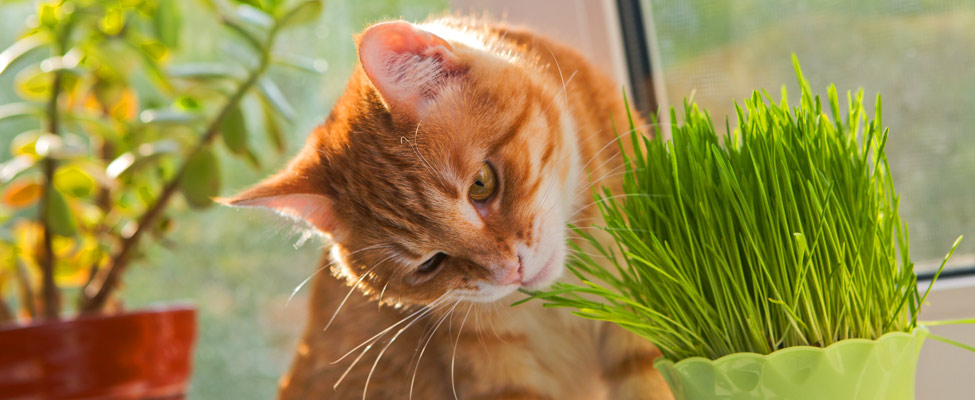
A perennial herb, catnip might give your cat a high, but will not allow a mosquito in the vicinity. An essential oil in catnip, known as nepetalactone, is the reason for two extremely opposite effects of the plant on cats and mosquitoes. Studies have revealed that the essential oil is much more effective at repelling mosquitoes than chemical sprays. This low maintenance, easy-to-grow cousin of mint, grows tall, so avoid planting it in corners with a view. Also, if you are not a fan of cats than, you should, perhaps, choose another plant from this list. Why? Because catnip could have your garden be invaded by cats from the surrounding area—rolling and biting, or just being around your natural mosquito repellent.




